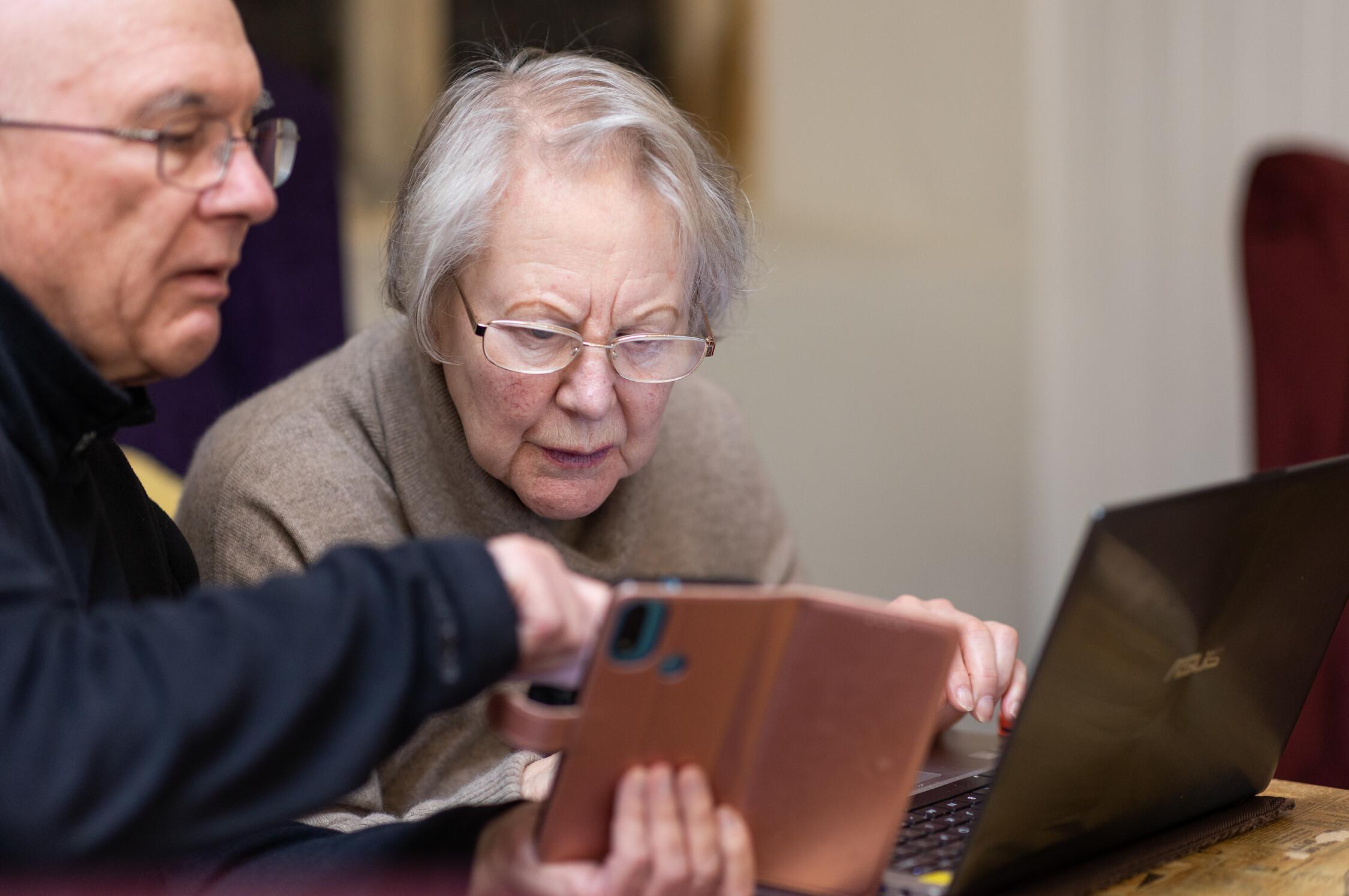Can you reduce your risk of getting dementia?
It is possible to reduce your risk of developing dementia from mid-life onward.

For too long we’ve wrongly assumed that getting dementia is a lottery and if you are unlucky enough to get dementia there’s nothing you can do about it.
The scientific evidence is growing. It is possible to reduce your risk of developing dementia from mid-life onward, and if you do have dementia, there are things you can do to slow the progress of the disease.
Scientists are increasingly understanding risk factors for dementia. Risk factors are things that make us more likely to develop a condition. Knowing the risk factors for dementia means you can take steps to change – and reduce your risk.
There are some risk factors – like age or your genetic risk – that you can’t do much about. But there are other risk factors that can be changed, and even small changes can help you to reduce your risk.
Try this online assessment of your dementia risk
The Cognitive Health and Dementia Risk (CogDrisk) Assessment Tool was developed by NeuRA at the University of NSW. Recommendations used in the CogDrisk Assessment Tool are based on current research as well as national and international guidelines.
Ask a GP and other healthcare professionals for personalised advice about reducing your dementia risk and how to make changes to optimise your brain health.
Get support to make changes
Looking after your physical, mental and emotional health will help to reduce your risk of dementia. It can be hard to break old habits, and most people need support to make the change. Options for support include:
- Ask a GP to help you make the change and monitor your progress with regular check-ups.
- Access online or phone support services (such as the Quitline).
- Find a family member or friend who can be a healthy habit buddy (such as an exercise buddy).
- Join a support group.
Other tips for changing unhealthy habits include:
- Focus on only changing one habit at a time. Consider which healthy habit will bring you the most benefits and prioritise making that change first before you work on the others.
- Start slowly, and make small, gradual changes that are achievable.
- Build on what you know and like. For example, if you enjoy walking, try to extend your usual walking distance by a manageable amount.
- Set realistic goals and keep track of your progress.
- Expect set-backs but persevere – it usually takes about 2 months for a new healthy behaviour to become a habit.
It’s never too late to improve your brain health
If you or your loved one already has a diagnosis of dementia, the 12 recommendations to reduce your risk can help you to slow the progression of dementia and to live well with dementia.
Adelaide-based dementia advocate Ann Pietsch describes:
My diagnosis allowed me to get the help I needed, and an early diagnosis gave me time to get on with my life.
I try to eat well, I do brain training exercises and do specific exercises to improve balance, strength, and memory.
I find I can do things now that I couldn’t do when I was [first] diagnosed. For example, I can read again, perhaps with slightly altered goals! I don’t have to remember every detail of the book, but I still enjoy it as I read! I can also follow knitting patterns again! I put this down to being so busy as an advocate!
More information
For more information regarding dementia risk reduction read the following articles hosted on this website or the Forward with Dementia website:
- Reduce your risk of diabetes and dementia
- Keep socially active to boost your mood and your brain health
- Physical activity to boost your brain health
- Berry good news for brain health
- Exercise snacking
- Influenza and dementia
- Epilepsy and dementia
- Nutrition and dementia
- Stroke and dementia
- Alcohol and dementia
- Reducing the risk of vascular dementia


